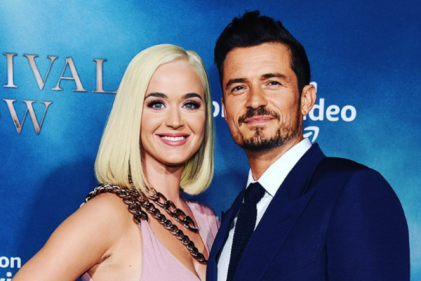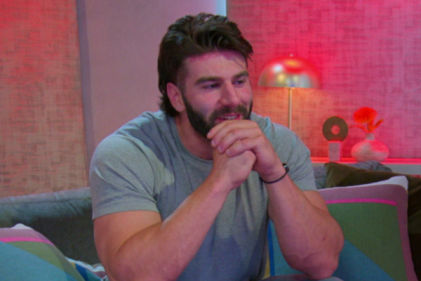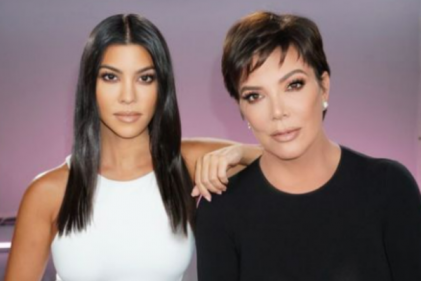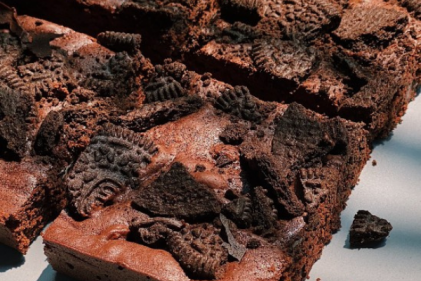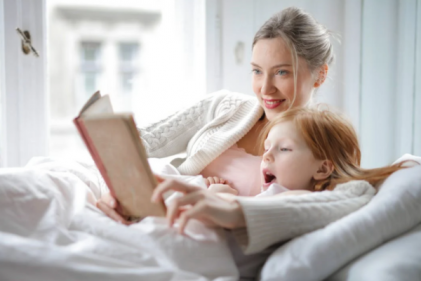In the UK, the number of caesareans performed has been steadily climbing over the last number of years.
Indeed, a quarter of women now give birth that way – a rate that health authorities say is too high.
The World Health Organisation, for example, recommends that the ideal c-section rate should be between around 10 to 15 percent.
It’s an area in which the likes of Finland, Iceland, The Netherlands, and Norway are leading the way – reducing c-section occurrence significantly over the last number of years.
There are now concerns that benefits are being outweighed by the likes of increased clinical risks, as well as the costs to already ailing health services involved. Still, it’s also clear that caesareans are the reason that maternal and infant mortality rates are a fraction of what they were in the past.
Regardless of the reasoning, however, an increasing number of women say that they’re being shamed - simply for opting for an elected c-section birth.
It’s something that Jam Kotento knows too well. Although she planned to give birth normally, she soon discovered that “pregnancy can be an unpredictable thing”.
“I was diagnosed with gestational diabetes and was told to keep the option to have a c-section on the table," she said. There were also concerns about the size of the baby: at 36 weeks the head and the belly were measuring in at 40-41 weeks.
Jam realised that delivering vaginally without drug intervention and with the guidance of a doula (her original poa) was simply no longer a runner.
And while her in-laws were perfectly fine with her decision, her parents “were a lot more cynical, and it made me feel like crap”.
Indeed, her dad, uttered: “I hope you don’t mind if I express my bias about you getting a c-section.”
He then went on to say that most women who have a c-section, didn’t really need it in the first place.
“When I tried to explain that our situation was different and that my gestational diabetes diagnosis made things more complicated, he interrupted me to say that he thought my gestational diabetes was a made-up ailment designed to scare women into c-section deliveries,” Jam explained in conversation with Romper.
“He later tried to dull the pain I felt from his words by reminding me how much he loved me and that he just didn’t want me ‘cut up’ and ‘hurt’ by unnecessary surgery.”
Jam acknowledges that as her parents live in the Philippines – and she in the US – they probably felt nervous and unable to support her properly during her pregnancy.
“Even though I knew my dad’s words came from a place of love and concern,” she added. “It felt like a judgement of our decision-making skills as would-be parents.”
Still, Jam and her husband knew that their unborn child’s health was the most important thing. She was also adamant that they did plenty of research.
She concluded: “Not being able to moan and groan through labour and squeeze out a plump human out of my vag didn’t make me less of a mom.
“In fact, the massive amount of physical, mental, and emotional preparation we did up until I gave birth made me feel pretty super.”
Did you have a scheduled caesarean? Did you feel supported or questioned by your decision? Tell us about it here.





